I currently try to repeat a sound every x ms - where x is dependent on an UDP packet I receive via socket - and I decided to use pygame for that. I used this SO answer to repeat something every x ms: https://stackoverflow.com/a/18954902/3475778
But now I have the problem, that the sound is played very irregular and made a minimal-working example where the problem persists:
import pygame
from pygame.locals import *
pygame.mixer.init()
sound = pygame.mixer.Sound('sound.wav')
def play_sound():
sound.stop()
sound.play()
pygame.init()
clock = pygame.time.Clock()
pygame.time.set_timer(USEREVENT+1, 200)
while True:
# clock.tick(30)
for event in pygame.event.get():
if event.type == USEREVENT+1:
play_sound()
Here is the waveform of what I have recorded from the script via Audacity:
You see that for some reason some samples were played longer than the others. Not very nice for some kind of metronome I want to build.
edit UPDATE: It is not a problem of pygame.time.set_timer, because this code doesn't solve the problem and doesn't rely on pygame.time.set_timer:
import pygame
from datetime import datetime
d = datetime.now()
pygame.mixer.init()
sound = pygame.mixer.Sound('horn_short.wav')
pygame.init()
while True:
if (datetime.now() - d).total_seconds() > 0.2:
sound.play()
d = datetime.now()
has the same problem. The Problem is also under Ubuntu 16.04, Python 3.5 64bit (Anaconda) and a fresh installed pygame.
